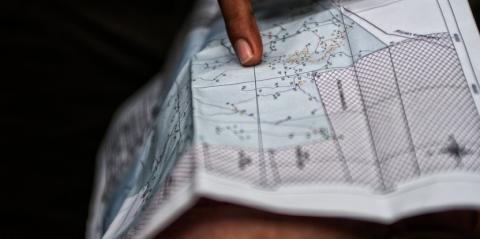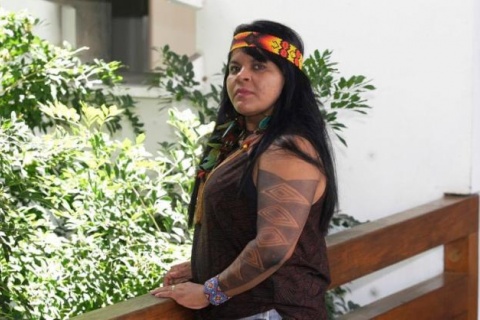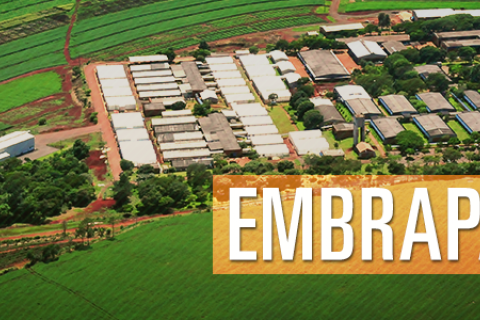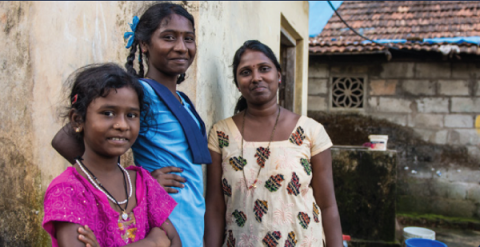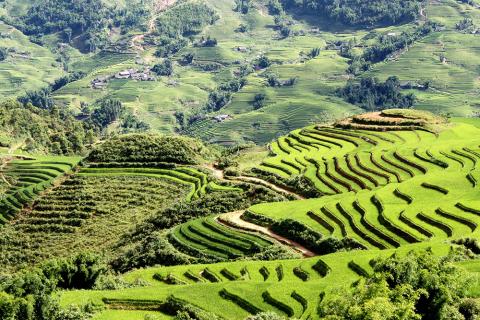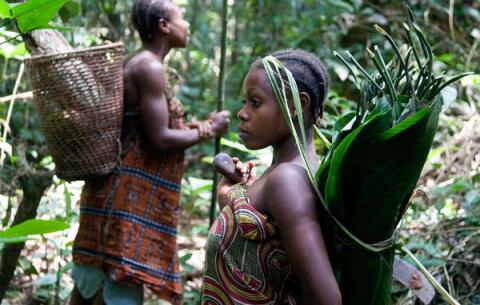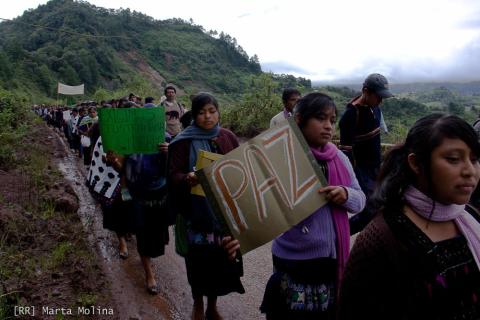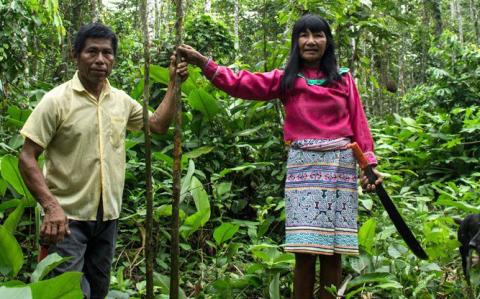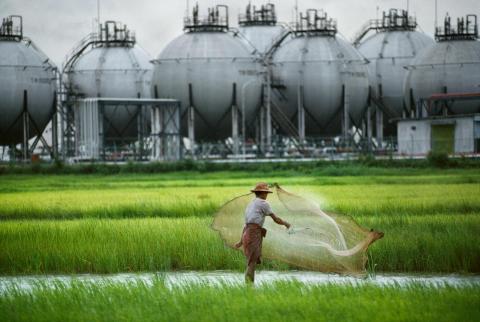Discover hidden stories and unheard voices on land governance issues from around the world. This is where the Land Portal community shares activities, experiences, challenges and successes.
 Follow our
Follow our
Sustainable Development Goals
Blog Series!
Interested in land corruption?
Follow our Land & Corruption Blog Series
for in-depth perspectives from the experts.
Issues
Geographical focus
A Q&A with researcher Anne Larson on the changing conditions of rights and resources in discussion at the World Bank Land and Poverty Conference
By Nghia Le Trung, Chairman of the Advisory Council, National Center for Research and Development of Open Technologies (RDOT), Ministry of Science and Technology of Vietnam
Autor: Rui Daher
Fonte: https://www.cartacapital.com.br/economia/a-agricultura-familiar-esta-sob...
Caminhamos da burrice à sacanagem informativa, e os oligopólios-patrocinadores ganham força
By Roy Prosterman
Asia’s Tigers, the collection of booming economies that emerged in the East following World War II, are often hailed as economic miracles. There was, though, no “secret sauce” behind that sustained and broad-based economic growth. Rather, as Myanmar is poised to show, the key ingredient for a Tiger economy can be found right beneath our feet.
By Lewis Evans, Survival International
For Earth Day (April 22), Survival International reveals some of the amazing ways in which tribal peoples are the best conservationists and guardians of the natural world:
1. The Baka “Pygmies” have over 15 words for elephant
The Baka people know so much about elephants, they have different words for them according to their sex, age and even temperament.
By Julia Christian, Forest Governance Campaigner for FERN
Michoacán’s indigenous communities’ greatest resource is their forests. And they defend them with their lives.
By Anne Larson, Principal Scientist, CIFOR
The recent World Bank Conference on Land and Poverty, held this past March in Washington D.C., provided a unique opportunity to reflect on collective land tenure reforms not only from a research point of view, but also from that of governments.
By Jinmei Liu, Affiliated Researcher, Faculty of Social Science, Chiang Mai University; Consultant, EarthRights International
I wouldn’t say Chinese investors are not trying to take social responsibility seriously, but they must understand that the meaning of responsible investment is much more than a few corporate social responsibility (CSR) programs.

